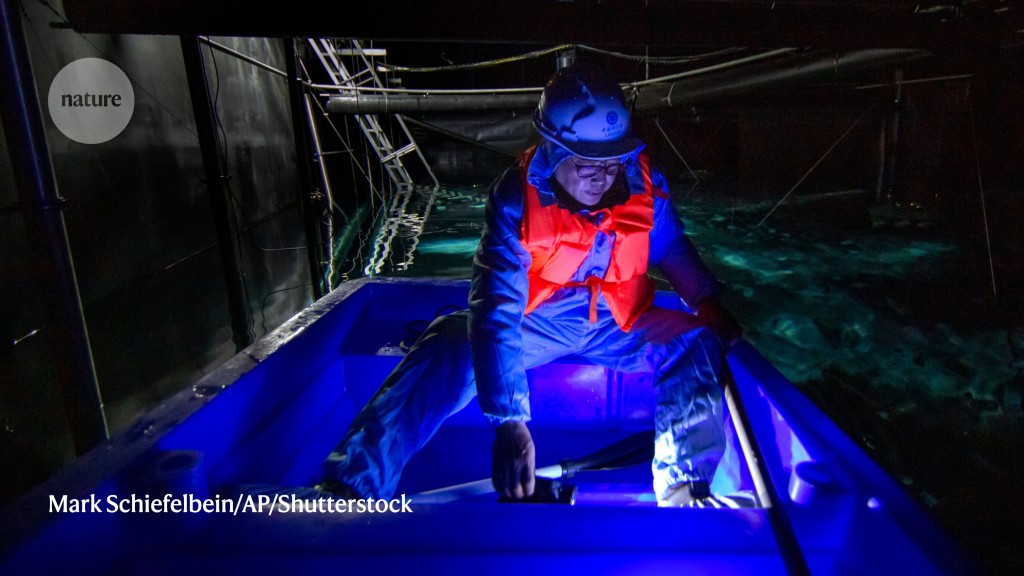web articles
Send us a link
Many US Scientists Say Security Measures Against China and Others Go Too Far
For years, big advances in science and technology have propelled economic growth world-wide. Now, as geopolitical tensions mount, leaders of the US scientific community fret that rising government security measures may kill the goose that laid the golden egg.
5 Anti-Climate Practices Elsevier Must Cease: Scientists Call out Publisher's Ties to Fossil Fuel Industry
5 Anti-Climate Practices Elsevier Must Cease: Scientists Call out Publisher's Ties to Fossil Fuel Industry
Some questionable practices show the publisher is greenwashing.

Social Media Enables People-centric Climate Action in the Hard-to-decarbonise Building Sector
Social Media Enables People-centric Climate Action in the Hard-to-decarbonise Building Sector
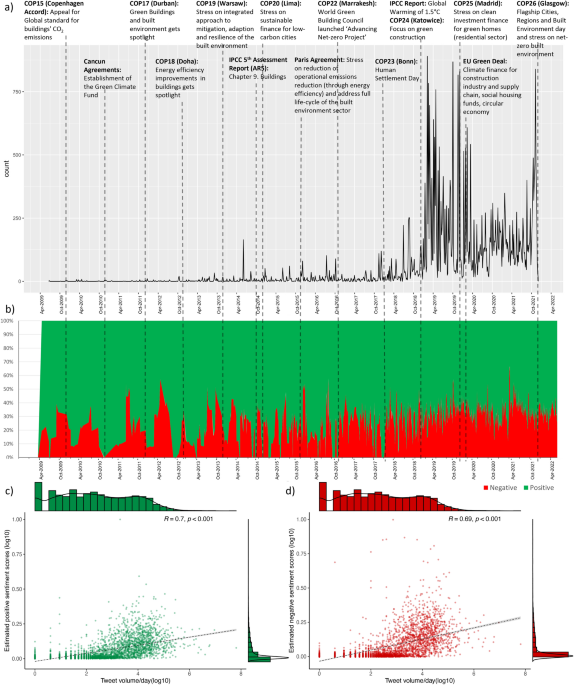
Research Spending Could Be Lone Bright Spot for U.S. Science After Election Sets Up Divided Government
Research Spending Could Be Lone Bright Spot for U.S. Science After Election Sets Up Divided Government
Likely Republican control of the House presages fiery hearings attacking Biden, but also gridlock
Saying 'No' in Science Isn't Enough
When women refuse requests to do unrewarded tasks, another female colleague often gets asked instead.

Programming in Parallel Universes
Quantum computers have the potential to change the world as profoundly as electricity did.
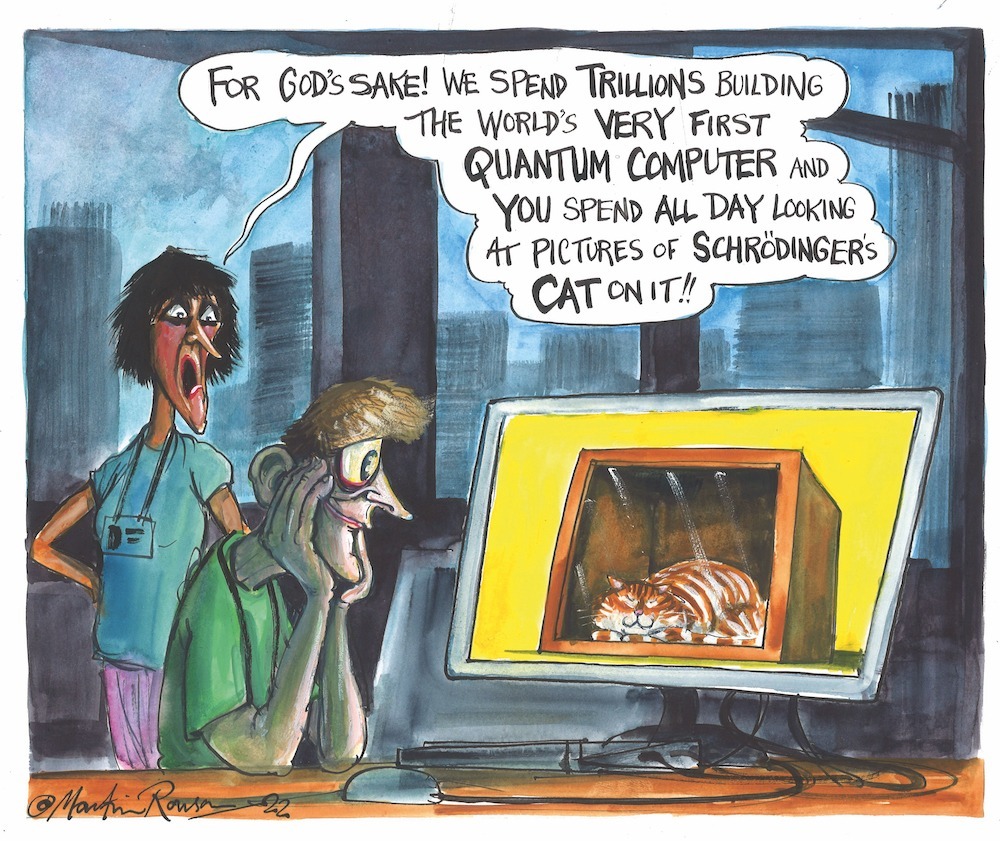
The Promise of Impact Science
Imagine if nonprofit leaders, philanthropists, and policy makers no longer had to guess what works but could predict success with scientific certainty. Enter the field of impact science.

How to Revive the Right to Science
Scientific research and its impact are closely linked with the promotion and protection of Human rights. It is imperative to act upon the unequal access to scientific benefits and to guarantee full access to scientific literature and knowledge for all.

Europe Bets on Collaboration and Talent Pool in Global Quantum Race
The QuantERA programme is designed to accelerate the development of quantum technologies (QT) in Europe, amid global competition. A member of the QuantERA Strategic Advisory Board - a scientific body with a broad range of perspectives in the QT field - has just been awarded the Nobel Prize in Physics. Prof. Alain Aspect, along with Prof. John. F. Cluster and Prof. Anton Zelilinger received the prize "for experiments with entangled photons, establishing the violation of Bell inequalities and pioneering quantum information science".
National Funding and International Science Policy Hang in Balance of US Midterm Elections
National Funding and International Science Policy Hang in Balance of US Midterm Elections
US voters are expected to go to the polls in record numbers on November 8, driven by concerns about inflation, the economy and abortion rights. Layered on top of that are low approval ratings for President Joe Biden and ongoing polarisation among voters and politicians stirred by former President Donald Trump's false claims that the 2020 election was stolen from him.
The Many Facets of Safety in Research Infrastructures
The dedicated Safety Policy spans all areas of occupational health and safety, including environmental protection and the safe operation of CERN's facilities. Continuous exchanges with similar research infrastructures on best practices and techniques ensure that we maintain the highest standards.
Charting New Worlds or Running Aground?
After setting sail nearly ten years ago, Europe's billion-euro flagship programmes have encountered many a stormy sea. But while one programme dedicated to graphene remains very much afloat, another - focused on the human brain - is foundering.
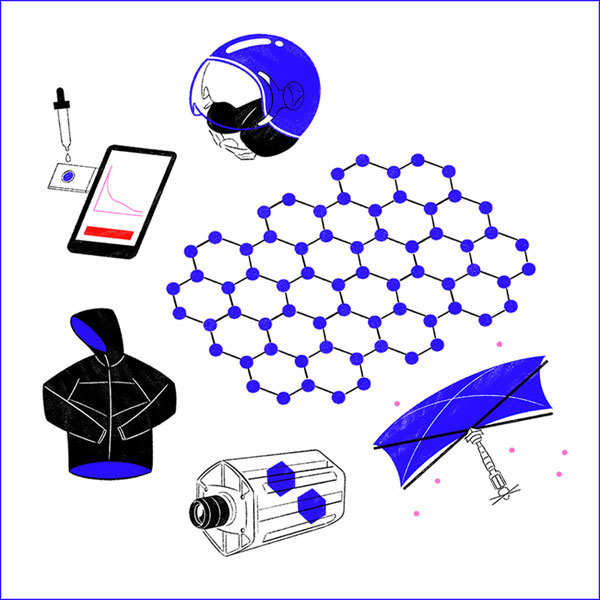
Learning from Failure in Higher Education Institutions
This blog was kindly contributed by Dr Adam Shore, Director of the School of Business and Management at Liverpool John Moores University, Chair of the Chartered Association of Business Schools' Learning, Teaching and Student Experience Committee, and Board Director of the National Centre for Entrepreneurship in Education (NCEE). This blog is the sixth in our series on leadership […]

Scientific Publishing: Peer Review Without Gatekeeping
eLife is changing its editorial process to emphasize public reviews and assessments of preprints by eliminating accept/reject decisions after peer review.
The Future of Spycraft
If intelligence analysis is to improve, we must learn from our new understanding of cognitive bias.
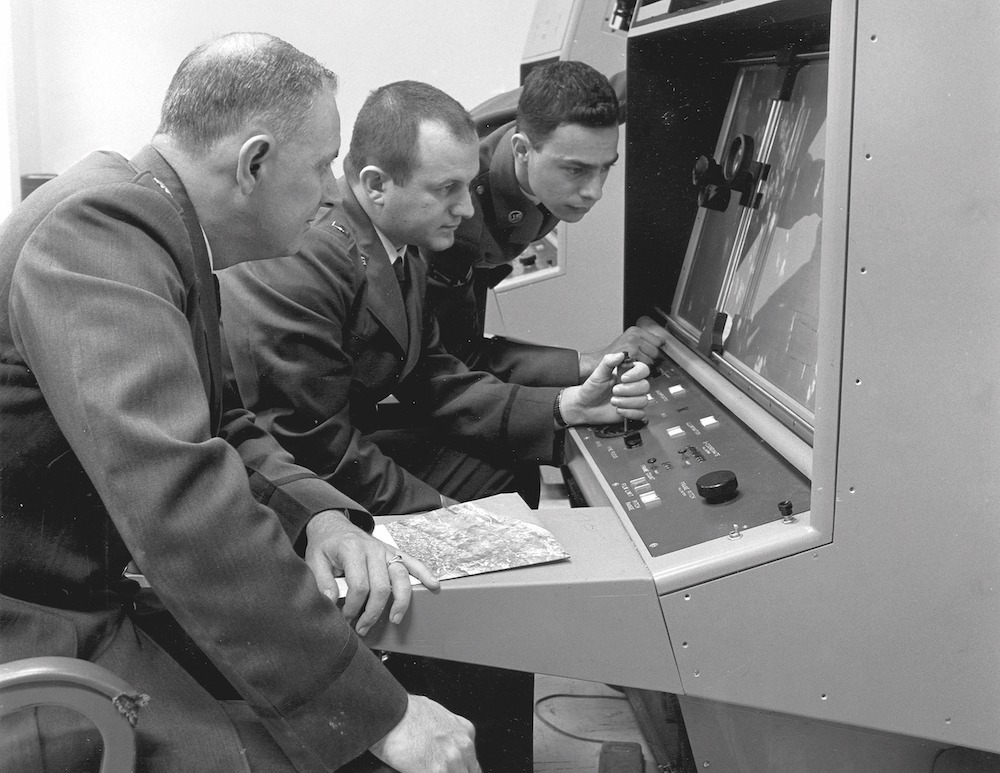
Contrary to Media Narratives, Higher Education Has Little Impact on Students' Political Views
Contrary to Media Narratives, Higher Education Has Little Impact on Students' Political Views
It is often taken as a given that higher education shapes the politics of students. However, drawing on evidence from the British Election Study, Tom Fryer finds students' political attitudes do not change radically during their studies.
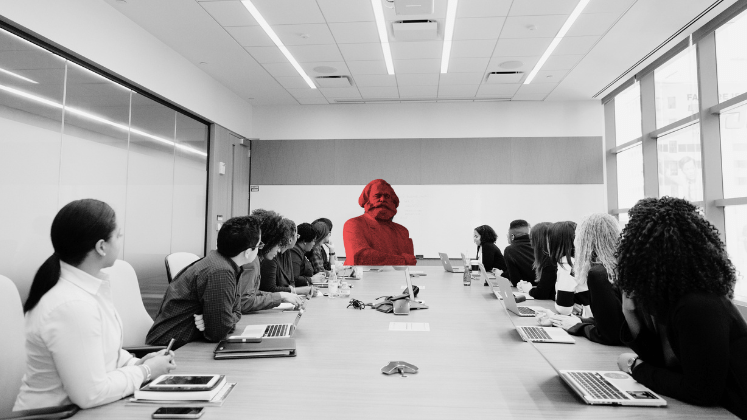
UK Needs Bigger Role for Science in Government, Says Chief Scientist
UK Needs Bigger Role for Science in Government, Says Chief Scientist
The UK's Chief Scientific Advisor says every government department needs to take science into consideration and invest more in R&D.
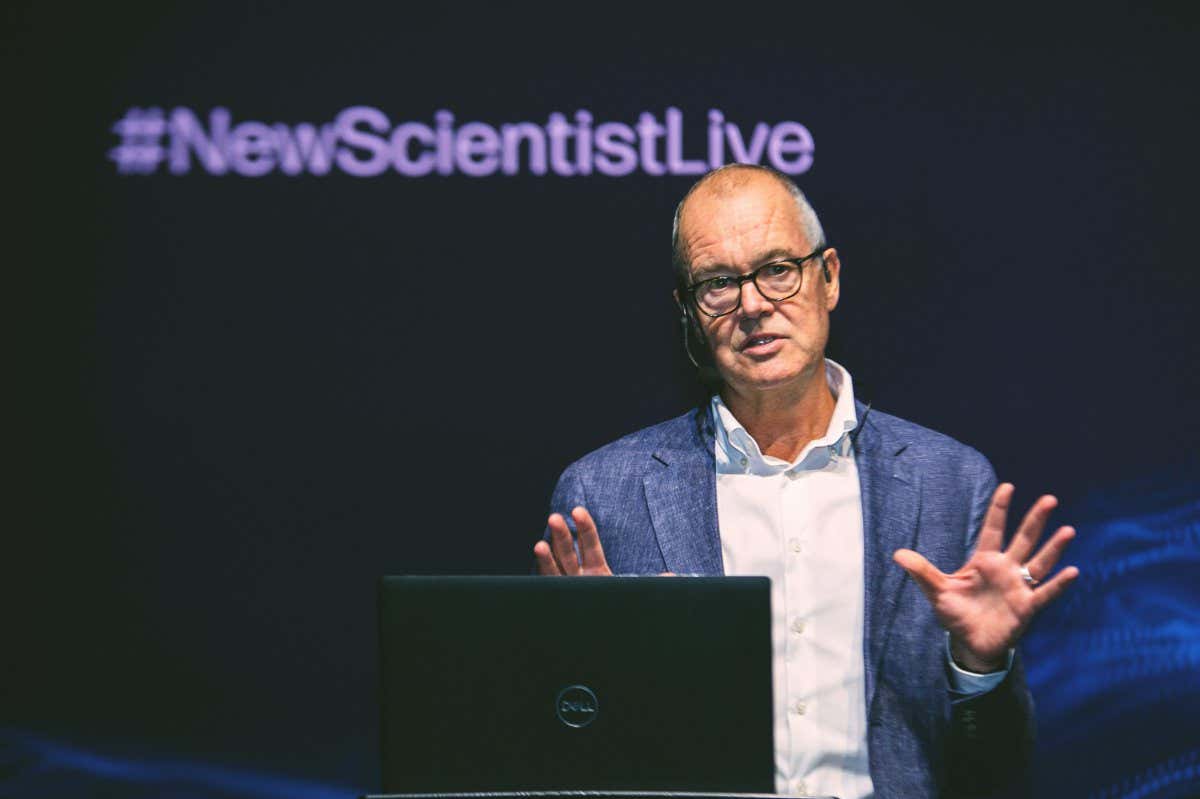
What Italy's Far-Right Election Victory Means for Science
Researchers fear further cuts to funding and a lack of action on climate.
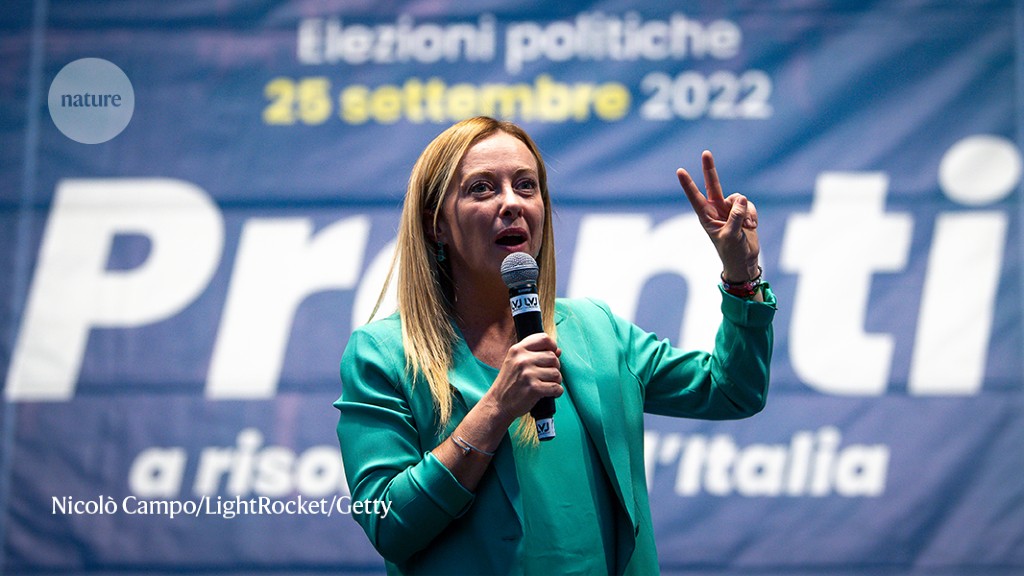
Where is the UK Science Minister? Government's Plans Worry Researchers
New Prime Minister Liz Truss has yet to appoint someone to oversee research, and her economic policy has sparked a currency crisis.
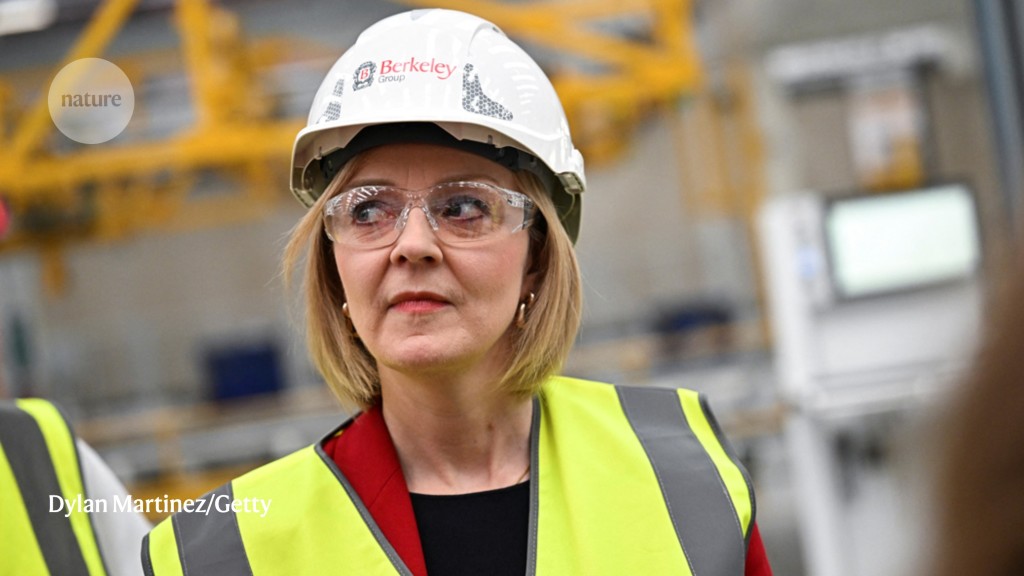
How Nature Contributed to Science's Discriminatory Legacy
Nature examines its history in order to acknowledge it - and learn from it.
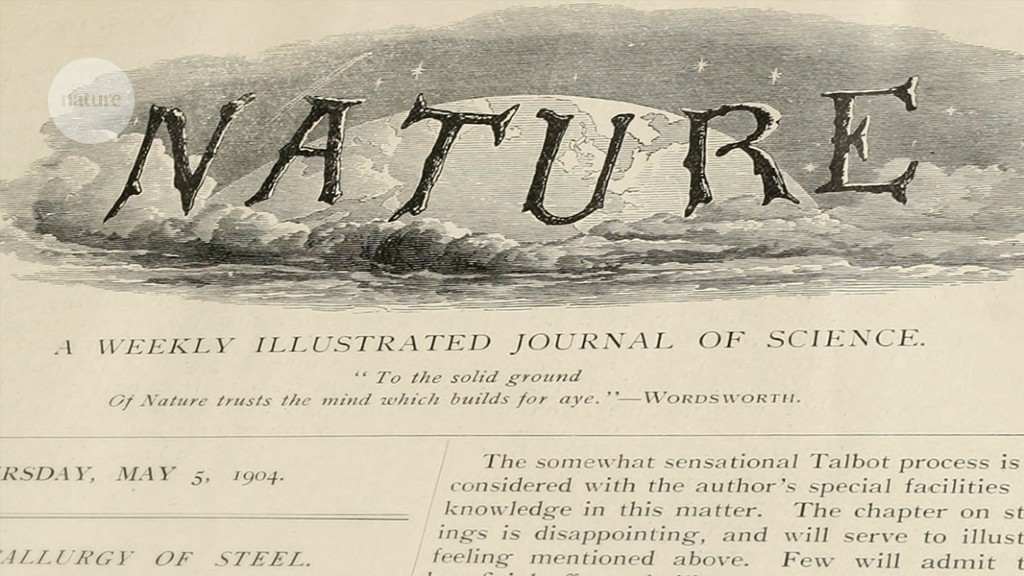
Liberal Arts and Sciences After Bologna: What's Next?
Liberal Arts and Sciences After Bologna: What's Next?
Times have changed, and the conditions that fostered the rise of liberal arts and sciences programs after the start of the Bologna reforms no longer obtain. This raises the question of how the liberal arts and sciences movement will continue in the near future. Can it still have any relevance in a changing context?

How Will Academia Handle the Zero Embargo?
The OSTP Nelson Memo has caused quite a stir in scholarly communication circles. How will academia handle the zero embargo?

In Disrupted Russian Academy Election, Researchers Find Signs of State Meddling
Leader of Russia's largest chipmaker elected president after incumbent's sudden withdrawal.
